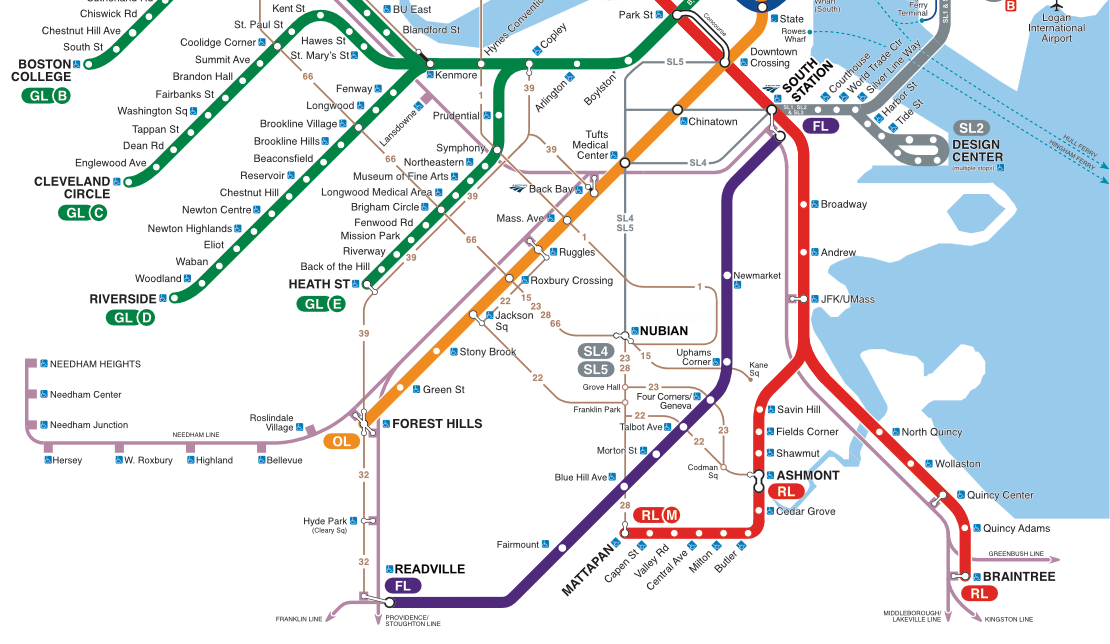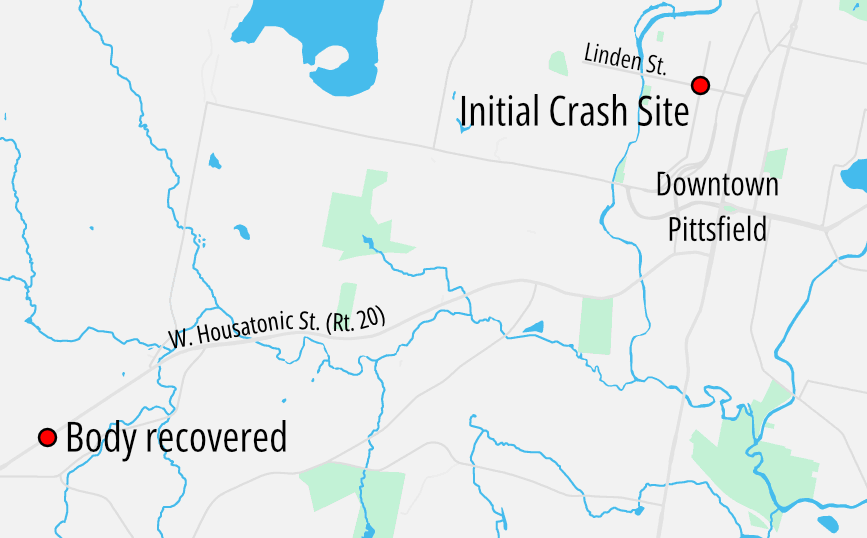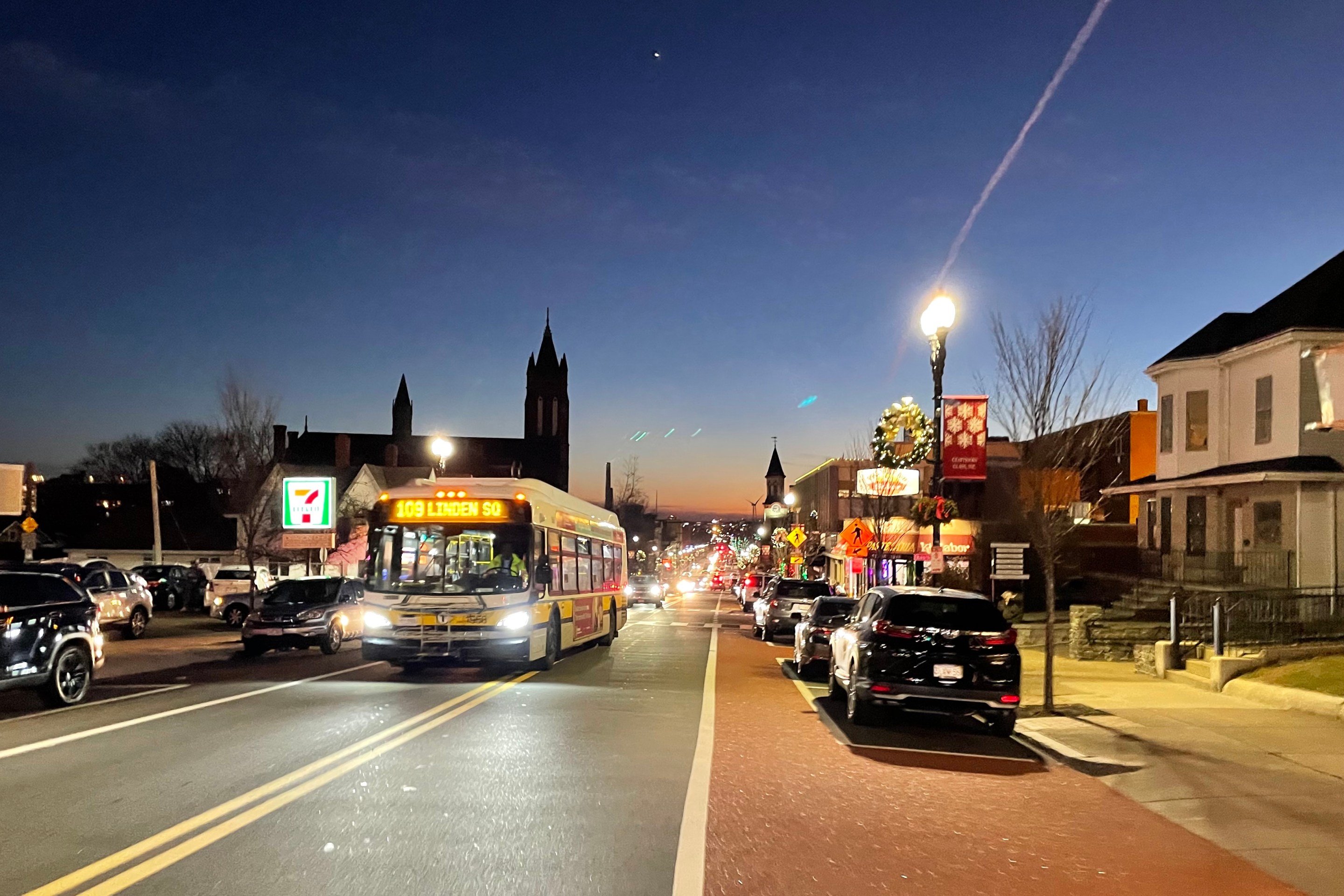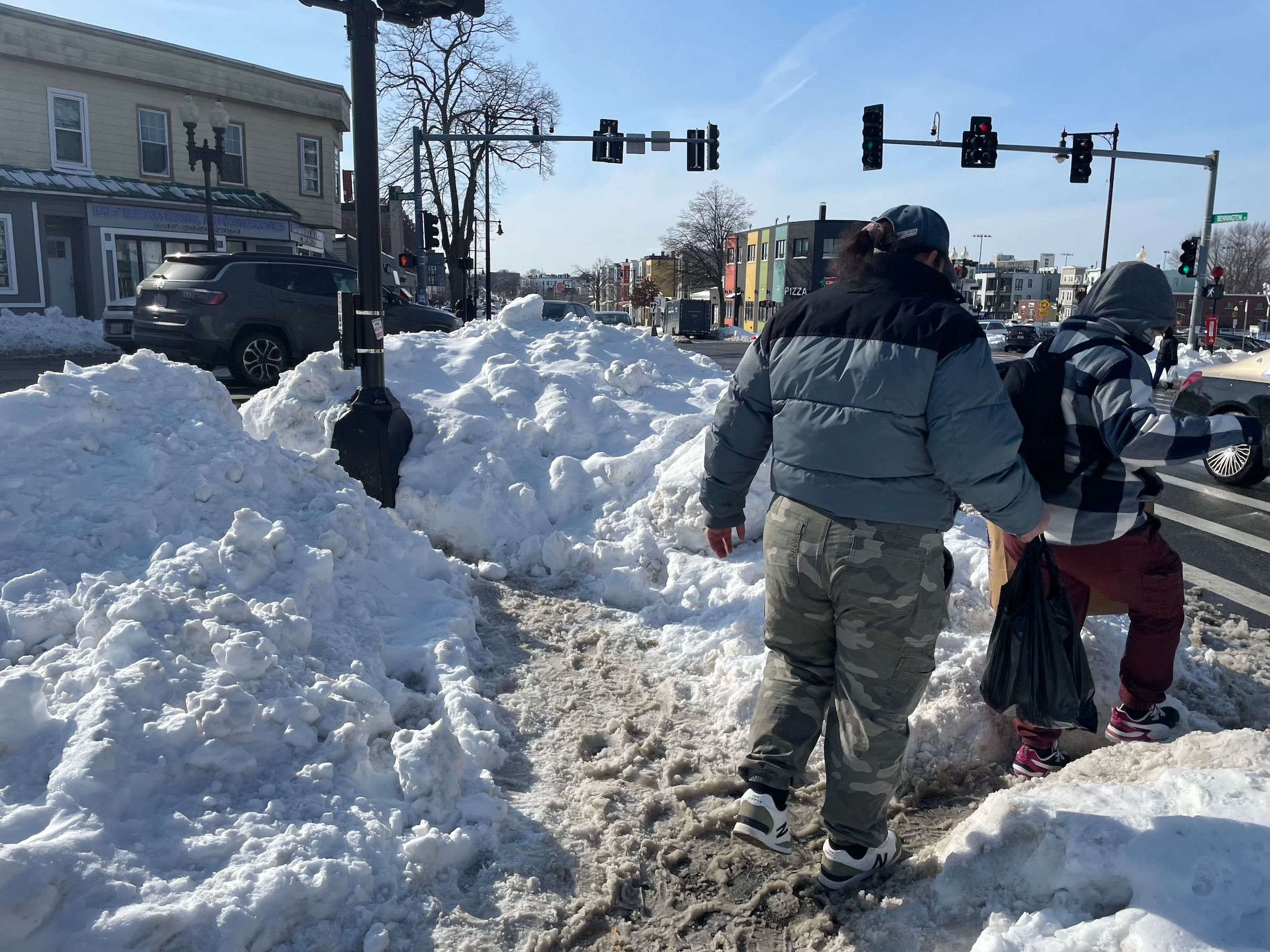The MBTA is considering a proposal to dramatically increase service on the Fairmount Line with a new fleet of electric battery-powered trains before the end of 2027.
Under a proposal described in bid documents that the T posted on Friday, the Fairmount Line would move closer to a rapid transit style of service, with trains that would arrive every 20 minutes on weekdays and every 30 minutes on weekends.
Under the current Fairmount Line schedule, diesel-powered trains arrive every 45 minutes on weekdays and every 90 minutes on weekends.
Keolis, the company that operates the MBTA commuter rail system, has submitted a proposal "to deliver 20-minute frequency, decarbonized service on the Fairmount Line."
"The proposed approach is to procure and operate a fleet of battery-electric multiple units (BEMUs) and supporting infrastructure and facilities which will be sufficient to operate 20-minute headways on weekdays and 30-minute headways on weekends," according to bid documents.
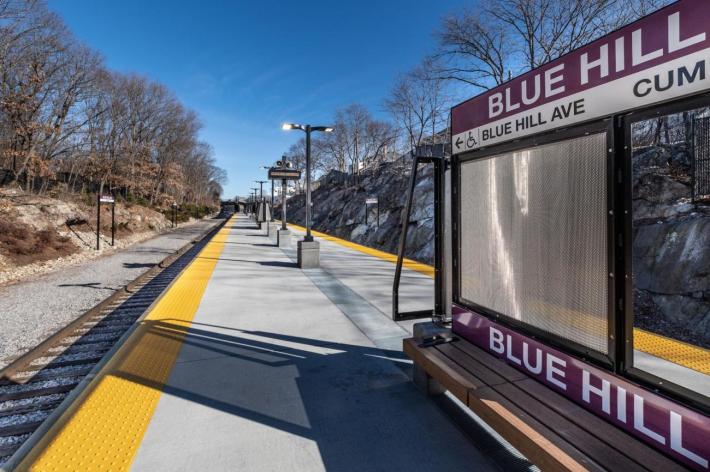
Keolis is proposing to procure new battery-powered trains in consultation with the T, build a new light-maintenance facility on MBTA property, and operate and maintain the new vehicles.
The documents also suggest that implementation could be well underway before June 2026, when the current operations contract with Keolis will be up for renewal.
"The term of the contract is from contract execution until June 30, 2026. The contracted vendor will initiate the project and ensure that it can be transitioned to another vendor at any date following June 30, 2026, with such transition to be conducted at the MBTA’s discretion," according to the solicitation.
Another section of Keolis's proposal specifies that the new electric trains would replace older diesel-powered commuter rail trains that are nearing the end of their useful life.
The new trains would be "in service by the end of 2027."
Although this particular proposal comes from Keolis, the T is opening up bids for other companies to offer similar proposals "to ensure that the process is open, fair, and competitive."
The proposal "is an example of how new technology can help deliver safe, reliable, improved service, while also helping to achieve the Commonwealth’s climate goals and reduce pollution in an important Environmental Justice corridor," a Keolis spokesperson told StreetsblogMASS. "Keolis is grateful for the partnership of the MBTA and their consideration of this proposal."
Electric trains, without new electric wires
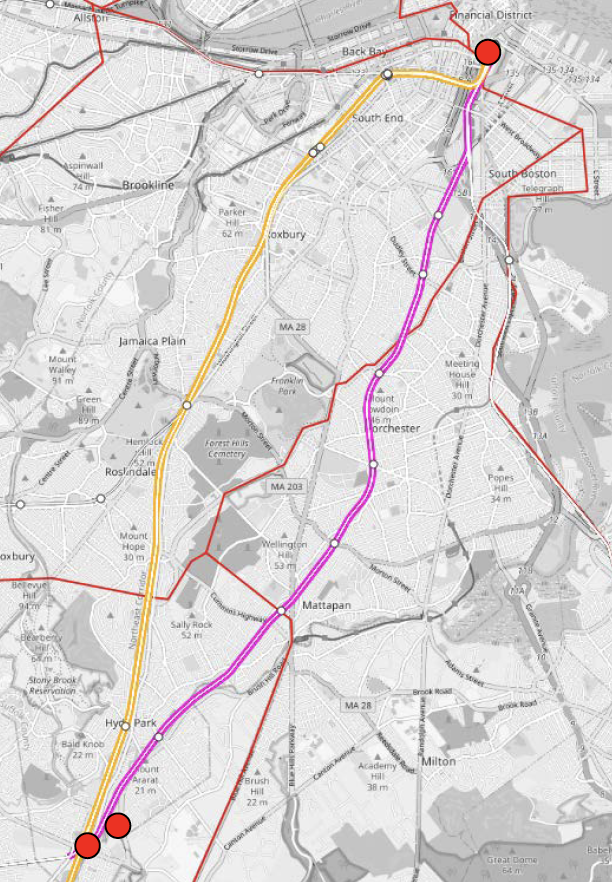
The Fairmount Line operates between South Station and Readville, through neighborhoods where the majority of Boston's Black residents live.
Advocates have long clamored for the T to run more trains on the Fairmount Line to improve the racial equity of the service it provides, while also switching to electric trains to eliminate the considerable pollution that comes from diesel-powered locomotives.
Almost all electric trains run on power supplied from a third rail or from overhead wires, called catenary.
But the Fairmount Line only has access to catenary wire at the ends of the line, at South Station and at Readville, where its tracks meet the electrified Northeast Corridor.
Officials from the T have been averse to building more catenary wire to support electric transit service.
In fact, in spite of their electrification goals, the T has been ripping out miles of catenary wire that once powered fully-electric bus routes in Cambridge and Watertown.
In a 2022 presentation to the MBTA Board of Directors, T officials presented a proposal to run electric trains on the Fairmount Line without building new catenary by relying on new trains that haul massive batteries and recharge at either end of the line.
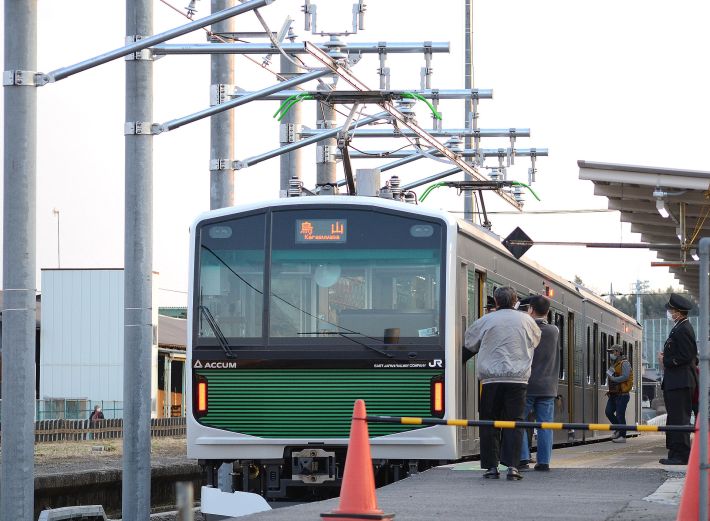
"A pilot program to test BEMUs with in-motion charging is a huge win that represents the first step towards an electrified system," wrote Jarred Johnson, executive director of TransitMatters, in a text message to StreetsblogMASS on Saturday.
Although battery-powered trains are a relatively new technology, Johnson said that Keolis's proposal offers a worthy opportunity to put it to the test.
"Our main concern is that the infrastructure supports the kind of service needed for mode shift," wrote Johnson. "This pilot should give us that info."
This story was updated at 11 a.m. on Sunday March 17 to clarify the timeline for implementation and to add a statement from Keolis. A previous version incorrectly implied that the service would be running by 2026, when the Keolis commuter rail contract expires. In fact, Keolis intends to start implementing the proposal by 2026, with service starting before the end of 2027.
